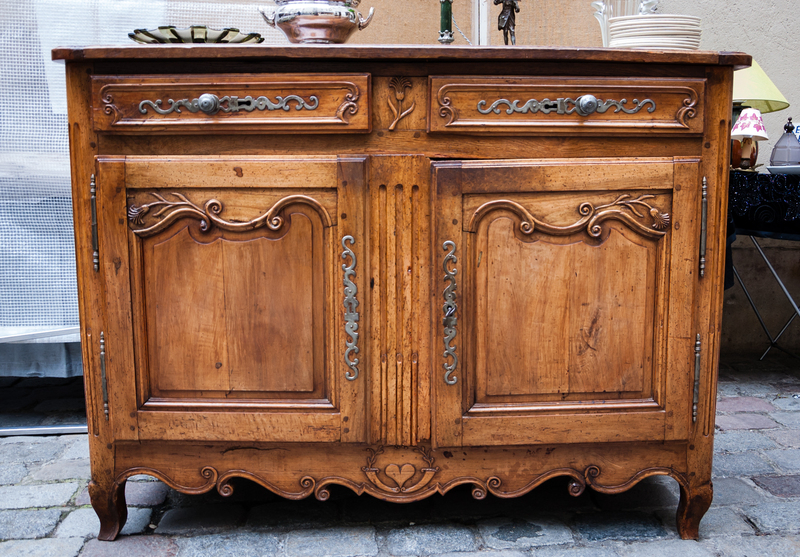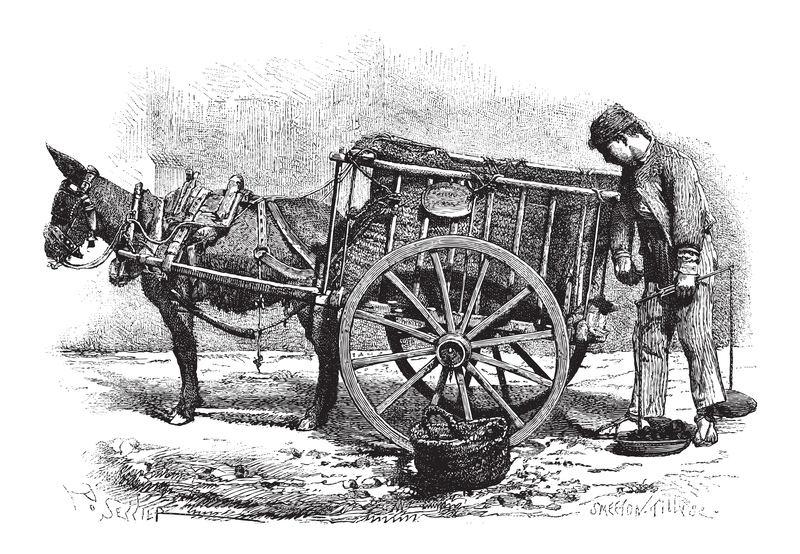Hard Rubbish Uncovered: Guidance on Identification and Disposal
Understanding the realm of hard rubbish, also known as bulk waste or large refuse, can be a daunting task. From the recognition of these items to their effective disposal, confronting hard rubbish is an inevitable part of maintaining a sustainable household or business. This comprehensive guide will shed light on the identification and disposal of hard rubbish, ensuring a cleaner environment and a more organized space.
What is Hard Rubbish?
Hard rubbish refers to large household items that cannot be disposed of through regular waste collection services. These items often include outdated furniture, broken appliances, and other bulky materials that need special attention when it comes to disposal. Understanding what constitutes hard rubbish is crucial for ensuring it is managed appropriately.
Common Types of Hard Rubbish
- Furniture: Old sofas, mattresses, tables, and chairs.
- Appliances: Broken washing machines, refrigerators, and microwaves.
- Electronic Waste: TVs, computers, and audio equipment that are no longer in use.
- Building Materials: Leftover timber, carpet, tiles, and metal scrap.
- Garden Waste: Large branches, tree stumps, and sheds.
It's essential to identify the type of hard rubbish to ensure proper disposal, as certain materials require special handling due to their size or potential hazardous nature.

Why is Proper Disposal of Hard Rubbish Important?
The correct disposal of hard rubbish has significant environmental, economic, and social benefits. Improper disposal can lead to various problems such as environmental pollution, health risks, and legal penalties. Here's why getting it right matters:
Environmental Impact
Proper disposal helps in reducing landfill waste, promoting recycling, and conserving natural resources. Many components of hard rubbish can be recycled or repurposed if separated and handled correctly.
Health and Safety
Items like broken furniture or appliances can pose physical risks when left around dwellings. Ensuring these are disposed of reduces hazards that might cause injury.
Legal Compliance
Dumping hard rubbish illegally can result in hefty fines. Compliance with local waste management laws ensures that you contribute positively to community guidelines and avoid penalties.
Steps in Identifying and Sorting Hard Rubbish
Sorting your hard rubbish effectively is a key step towards sustainable waste management. Here's how you can sort and identify different types of hard rubbish effectively:
1. Evaluate and CategorizeBegin by evaluating items you want to dispose of. Are they reusable, repairable, or irreparable? This evaluation will help determine the appropriate path for disposal, recycling, or donation.
2. Check Local Council GuidelinesDifferent regions have specific rules regarding what they classify as hard rubbish. Most local councils provide guidelines on collection days, acceptable items, and recycling options. Ensuring compliance with these guidelines will aid in the efficient and lawful disposal of your items.
3. Segregate Hazardous WasteSome hard rubbish may contain chemicals or materials that are hazardous. Batteries, electronics with heavy metals, and certain building materials should be handled with care. Identify these items for specialized recycling or disposal services.

Disposal Options for Hard Rubbish
Once you've identified and sorted your hard rubbish, it's time to explore various disposal options:
Council Collection Services
Many local councils offer scheduled pickups for hard rubbish as part of their waste management strategy. It's an easy and often complimentary service for residents. It's important to check the schedule and ensure your rubbish is ready for collection on the designated dates.
Hire a Professional Service
Professional waste removal services can be hired to manage bulk waste disposal, especially if immediate clearance is required. Though costlier than council services, these providers often offer same-day service and can handle hazardous items more safely.
Recycling Centers
Recycling centers take many hard rubbish items such as metals, electronics, and wood. By taking items to these centers, they are processed to reclaim valuable materials, promoting a circular economy.
Donation or Selling
If the items are still in usable condition, consider donating or selling them. Platforms like eBay, local classifieds, or charity organizations can help give these items a second life. Before disposing, think if someone else might find value in what you no longer need.
DIY Disposal
For those who prefer a hands-on approach, renting a trailer and taking items directly to a local tip is an option. However, ensure that you are aware of what's accepted and any fees involved.
Conclusion: Towards a Cleaner Environment
Appropriate handling and disposal of hard rubbish play a crucial role in managing our environmental footprint. Being informed about the types of hard rubbish, their implications, and disposal methods ensures we act responsibly and effectively. Let's embrace sustainable practices and keep our communities clean and safe for future generations.
Always remember, effective waste management begins at home. By understanding and implementing proper practices for the disposal of hard rubbish, we contribute positively to our surroundings while fostering a sustainable lifestyle.